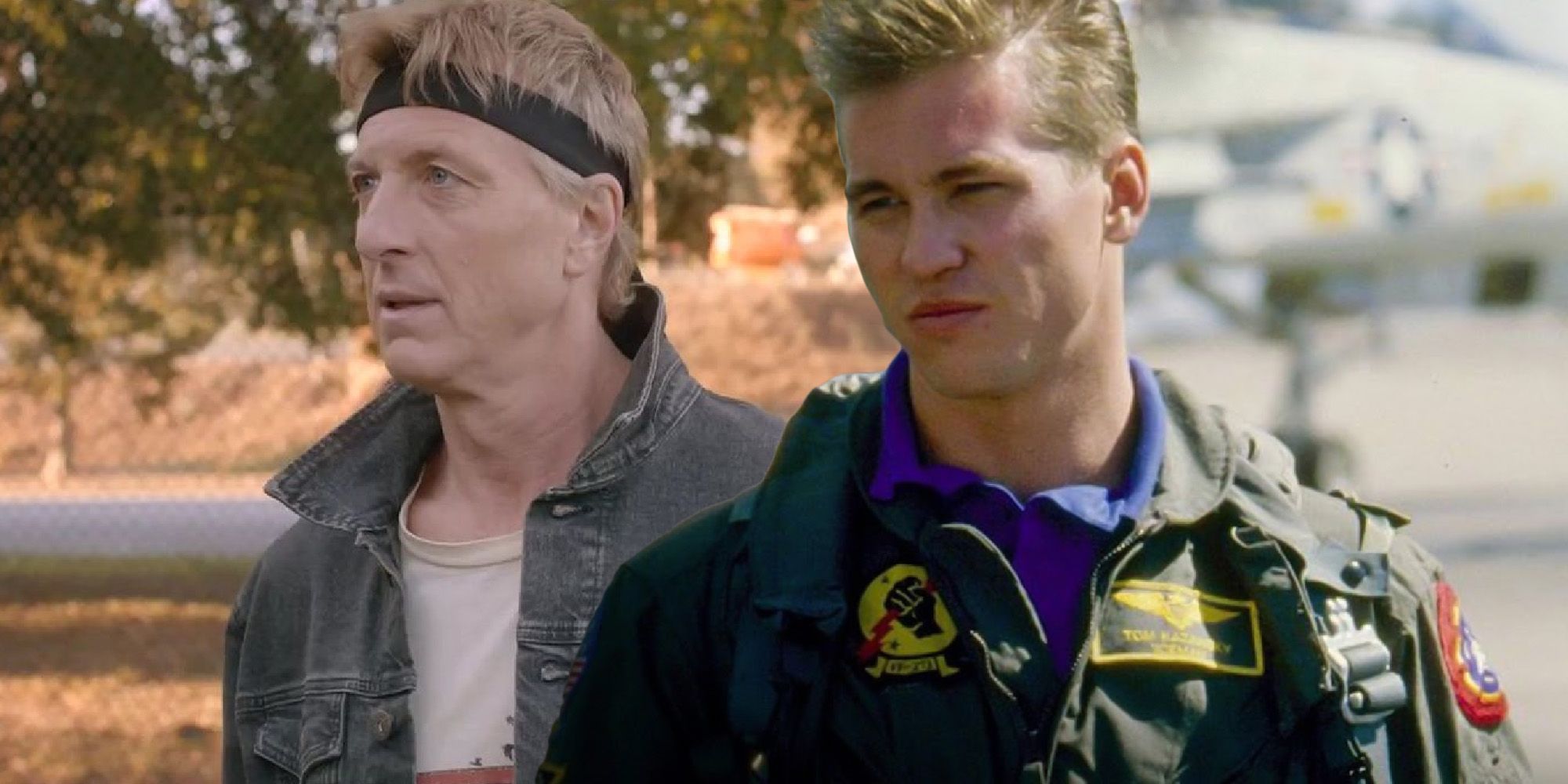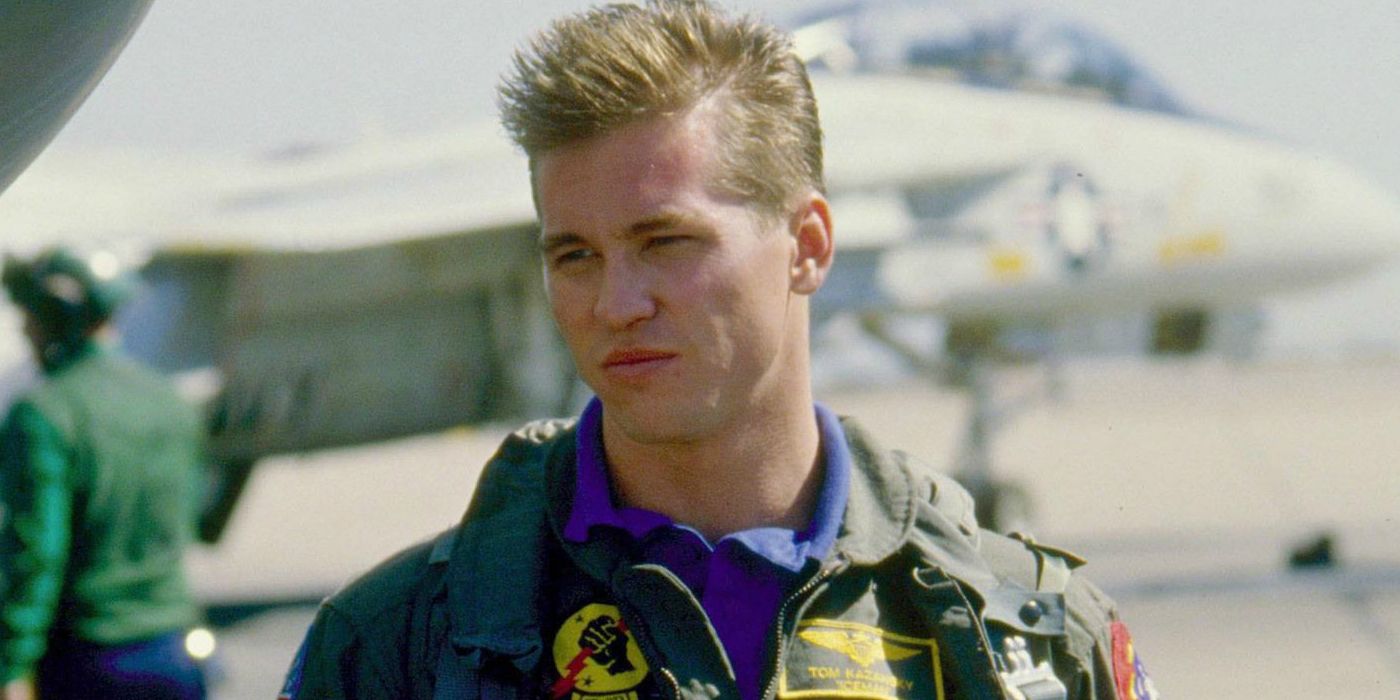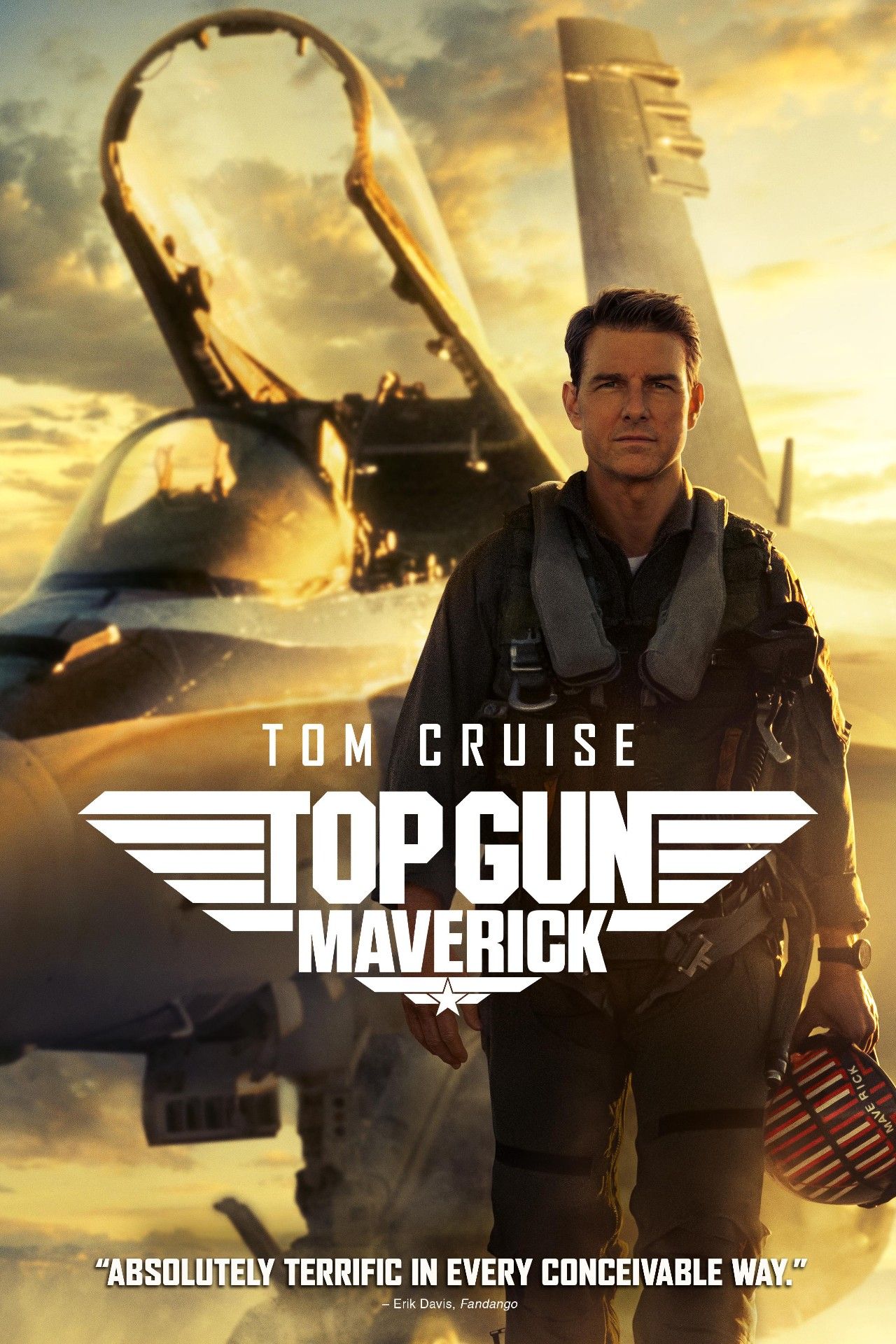Cobra Kai has proven a hit, so why didn’t Top Gun: Maverick borrow its approach by reframing a nostalgic '80s story from a new perspective? 34 long years in the making, Top Gun: Maverick is finally arriving in cinemas in 2021 and will continue the story of its titular cocky antihero, Tom Cruise’s test pilot Maverick.
However, the Netflix sleeper hit Cobra Kai has proven that retelling the familiar story of The Karate Kid from the unexpectedly poignant viewpoint of aging villain Johnny can completely rewrite the original, deepen its themes, and ultimately prove to be a gloriously successful slice of postmodern deconstruction. So why didn’t Top Gun: Maverick follow suit and retell the franchise’s story from the perspective of Iceman?
To be fair to the creators of Top Gun: Maverick, the movie has been in production for a matter of decades now and the runaway critical success of Cobra Kai is a comparatively recent phenomenon. But if the Top Gun filmmakers were interested in telling a new and exciting story with the franchise, an Iceman-focused retelling should have been the angle for any potential Top Gun sequel even before Cobra Kai proved the approach could be successful. Iceman's story is arguably even more interesting than Maverick’s considering the arc he went through, and the Val Kilmer character could have provided a deeper, darker version of the Tom Cruise hit that shades in elements elided by the cult classic original Top Gun.
Although he’s best remembered as Maverick’s wingman, Iceman is a fascinating character in his own respect and ripe for reinvention similar to Cobra Kai’s Johnny Lawrence. Val Kilmer initially had no interest in the role and had to be cajoled into taking it on, thanks to pesky contractual obligations, but no viewer could guess from his performance. Top Gun’s romantic subplot may follow Maverick and Charlie, but it is Maverick’s relationship with Iceman, moving from rivalry to outright hatred to begrudging respect and eventually brotherhood, which makes the movie a classic. A retelling from the perspective of Kilmer’s character would make for a fascinating watch, as this iteration of Top Gun: Maverick could have illustrated the cost that a lifetime spent being the sensible, level-headed teammate had on Iceman’s character.
Much like Maverick is defined by his constant need to fly higher, faster, and more dangerously, Iceman is defined in opposition to the main character. He’s the voice of reason and is depicted as an embittered, jealous rival who needs to accept Maverick’s flying acumen, making their eventual mutual respect feel hard-won and genuinely heartening. But a lifetime as Maverick’s wingman can’t have done wonders for Iceman’s already sizeable ego, and any Top Gun sequel should delve into the tragic consequences of Maverick's risky behavior since Kilmer’s character did have a fair point when he called out his flying as dangerous and foolish. As such, an Iceman-centered sequel could have delved into the effects that living with Maverick’s outsized reputation and having to concede to his superior flying skill had on Iceman, providing Kilmer with another late-career opportunity to prove himself as a somber screen presence. It’s a shame the audience won’t get a chance to see this deconstructive take on Top Gun in Top Gun: Maverick, so here’s hoping whatever Cruise, Kilmer, and co cook up is as interesting as this Cobra Kai-style perspective flip could have been.



